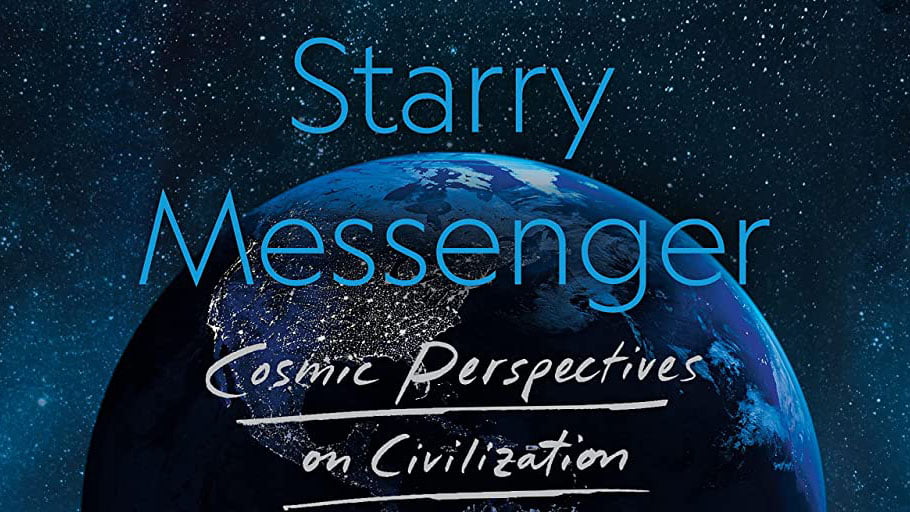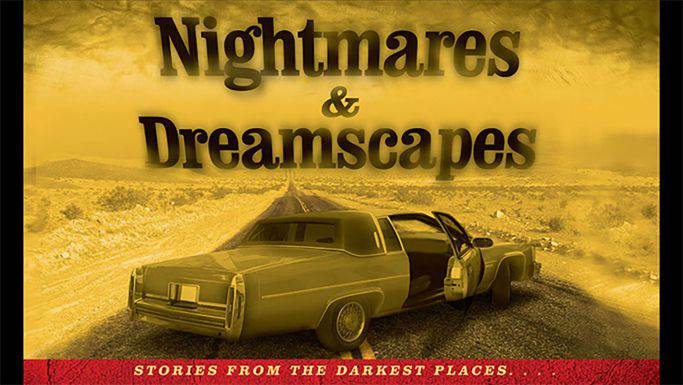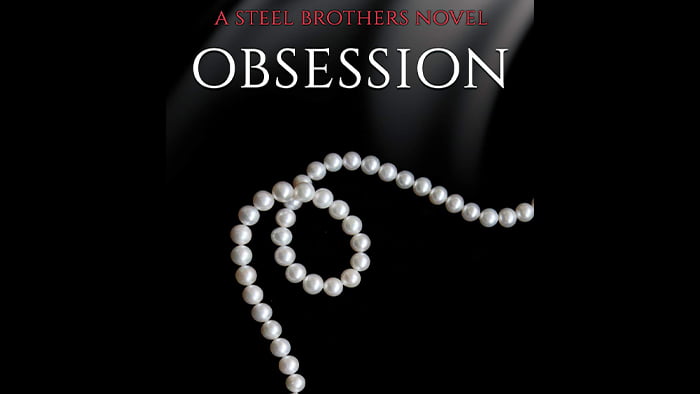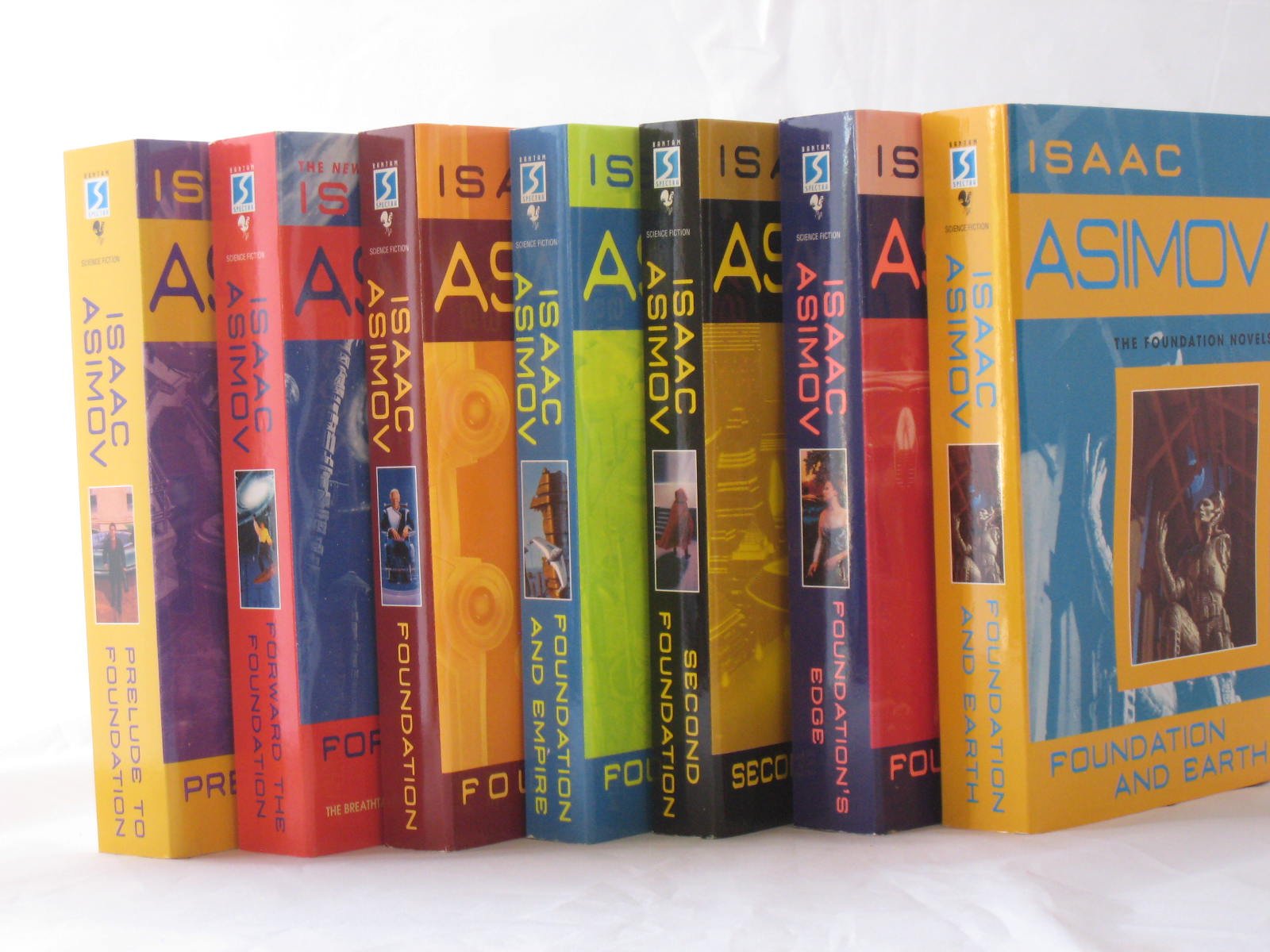The pettiness of our qualms – our political, social, and personal qualms – are both dwarfed and made more apparent by the natural grandiosity of the universe at large. Tyson has made a career and codified a philosophy of this message. There is something about the sweeping indifference of it all, the ego-shattering disinterest of the cosmic perspective that is at once both frightful and also unbelievably freeing. As many other great scientists have noted, the fact that the universe is knowable at all, and that we are around and capable to know it, is beautiful. Tyson notes, “No message written on tablets in the sky pre-required this to be so. It just is. For me, this summit of objective truth makes the universe itself the most beautiful thing in the universe.”
Given this, Tyson does something with this latest effort that he has traditionally avoided in the past, which is to speak on pressing social or cultural issues that beset the present moment. Other generalized topics are addressed as well, but the great astrophysicist and science expositor attempts to imbue our terrestrial and human problems with a cosmic perspective – looking at these issues with a broader, grander view of our reality. Although not always successful in this endeavor (even the smartest of us can miss the forest for the trees), Tyson does generally impart a healthy, fresh perspective to these areas of interest, perhaps a puzzling project given his prior avoidance of jumping into the fray – but one that is still decidedly characteristic of his deeper interest in the universe. And so, in a way, we get Tyson’s Greatest Hits.
It is probably a fitting place to start that he begins the book by discussing truth and beauty and how, namely, cold indifferent truths can themselves be beautiful. This may contrast with our traditional view of beauty, which lies squarely in the subjective realm. But Tyson’s view here does not contradict that traditional sentiment; it merely adds another dimension, a broader view. “Objective truths apply to all people, places, and things, as well as all animals, vegetables, and minerals. Some of these truths apply across all of space and time.
They are true even when you don’t believe in them.” The universality of objective truth, then, makes it attractive. The point, though, is that the attractiveness of truth is neither here nor there. And, ironically, this makes truth beautiful in a cosmic way. He goes on to sinch the point: “Objective truths of science are not founded in belief systems. They are not established by the authority of leaders or the power of persuasion. Nor are they learned from repetition or gleaned from magical thinking. To deny objective truths is to be scientifically illiterate, not to be ideologically principled.” In other words, ignoring basic facts does not make one strong-willed in any morally or practically useful way. The question may arise – as it did on Lawrence Krauss’s podcast, Origins, with the two in conversation – about science changing or modifying our ideas of truth. To this Tyson answers (perhaps unsatisfactorily) that objective truth should not be confused with absolute truth, adding for good measure that Newtonian principles will never be upended.

One more important piece to note about his chapter on truth and beauty is that while “personal truths” can be healthy in navigating the human condition, we should be careful not to conflate them with objective truths. “Social, political, or legislative attempts to require that everybody agree with your personal truths are ultimately dictatorships.” He rightly fears our devaluing objective science in lieu of subjective zealotry.
Tyson goes on to offer general insights in chapters like “Exploration & Discovery” and “Earth & Moon.” Particularly, there is one moving passage that bookends his adumbration of global political strife and poverty, instead taking a cosmic overview of these problems. “I can know all this intellectually for having read about it, but when I confront it from above, with details stripped away, I don’t see the politics, the history, the skin colors, the languages, the bigotry, the racism, the protests. I’m instead plagued by a simpler thought that, as a species, we might not possess the maturity or wisdom the future requires to assure the survival of civilization.” When framed in such stark terms, it should give us all pause for contemplation. We are, in the end, a species vying for survival, and perhaps fighting only against ourselves on a planet possessed of its own survival.
Veering into social and cultural territory, Tyson finds less success in making a solid case for the “cosmic perspective.” His ultimate goal here, admirably, is to show that when it comes to gender, race, and identity, we are all more alike than different. This is, perhaps, the sort of ecumenical view the world needs. Unfortunately, though, he seems intent on ignoring some objective truths that he so strongly defends earlier in the book. While gender is fluid and exists on a continuum, sex is not. We know certain objective differences to be true generally of men and women, and not just phenotypically but also in reference to potentialities and even interests and dispositions. Tyson does not exactly reject this, but elides much of it for his personal view of this issue. He even peddles in blatant contradictions when it comes to the chapter on race. Although he rightly – but unoriginally – bemoans the history of black and brown disenfranchisement, he goes on to offer a full-fisted irony when it comes to the weird issue of removing “offensive” statues.
Tyson seemingly offers a robust and fair historical defense of Teddy Roosevelt and a particular statue of him, but then strangely notes that he is glad it was taken down. What follows his full account of this history – his broad or “cosmic” vantage point – is this odd and fully contradictory statement: “Remembering too that our opinions take shape on an ever-shifting landscape of social and cultural mores. A full perspective on the statue leaves me happy to see it removed, only because nobody would conceive of such a statue today, which is the litmus test for any indictment I seek.”
This sentiment is an abomination to historians and those who wish to preserve the full richness of the past, with full regard to past moral atrocities (and perhaps especially to that which may be morally ambiguous). He then goes on. “My urge is to gesture a forgiving nod to the past while I display a furrowed brow to the future, wondering how today’s most progressive creations may appear to our ever-more-enlightened descendants a hundred years from now.” The reader may be hard-pressed to believe the same author penned these two distinct ideas mere sentences apart. Even physicists can get it wrong (perhaps especially when it deals with matters outside their wheelhouse, namely of hard, objective facts).
 Skip to content
Skip to content









